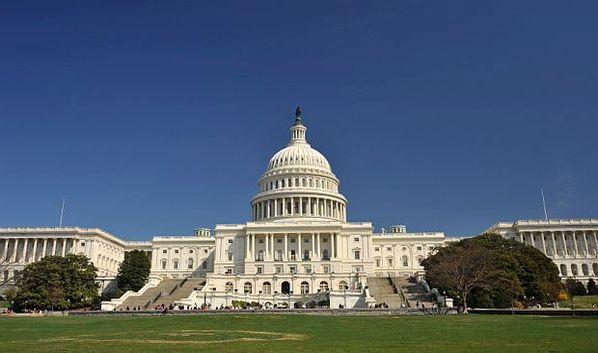Bill would make dietary supplements eligible for FSA, HSA funds
A new bill would make it possible for consumers to buy supplements with money in their FSA and HSA accounts.

Industry trade organizations came together to laud the introduction of a bill to add dietary supplements to the list of products that can be bought with flexible spending and health savings accounts.
The bill was introduced today by U.S. Reps. Darin LaHood (R-Ill.), Brendan Boyle (D-Pa.), John Curtis (R-Utah) and Josh Gottheimer (D-N.J.).
The introduction was announced via a joint press statement by the American Herbal Products Association (AHPA), Consumer Healthcare Products Association (CHPA), Council for Responsible Nutrition (CRN), Natural Products Association (NPA) and the United Natural Products Alliance (UNPA).
Supplements not eligible now
The bill, which has the working title of “Dietary Supplements Access Act,” would allow Americans to use funds in their flexible spending accounts (FSAs) and health savings accounts (HSAs) to purchase dietary supplements.
Unlike pharmaceuticals, over-the-counter health products and some health care services, such as therapeutic massages, supplements are not on the list of products approved for the use of these funds.
“As enrollment in HSAs continues to grow, our bill would remove unnecessary barriers to better meet the needs of consumers,” LaHood was quoted in the press statement.
A joint CRN/CHPA study found 78% of Americans who have FSA or HSA accounts would like to have the flexibility to use those funds to purchase supplements, according to the press statement.
Bill unlikely to cut tax revenues
One criticism of such legislation in the past has been that it would prove too expensive, as it might induce more Americans to open such accounts and to contribute more funds to them. Since HSAs and FSAs are filled with pre-tax contributions, that would mean a drop in overall tax revenue.
But that concern is overblown, according to Steve Mister, president and CEO of CRN.
“We looked at what happened when they added other categories of products, like OTC products or feminine hygiene products, and it had almost no effect on the total dollars being put into FSAs or HSAs,” Mister told Natural Products Insider in an interview.
Rather, Mister said, consumers seemed to be contributing what they thought they could afford out of each paycheck and were seeking greater flexibility in how to use that more or less static amount of capital.
Adding legitimacy
Therefore, he said, it’s unlikely this legislation—even if it became law in its present form—would generate a significant sales windfall for the industry. Rather, it would be a significant public relations success.
“I think a lot of this is the legitimacy it gives to the industry,” Mister said. “It recognizes that these are products that actually do have a benefit for health and wellness.”
The trade organizations came together in the press statement to emphasize the potential importance of the legislation.
“Americans overwhelmingly want increased flexibility to take charge of their own health, and this legislation would deliver the type of reforms today’s proactive consumers are asking for and deserve,” said CHPA President and CEO Scott Melville.
“Putting consumers in charge of their health choices and allowing them to make informed decisions about their healthcare—as this legislation would do—makes good policy sense,” said AHPA President Michael McGuffin. “Treating purchases of dietary supplements as eligible expenditures under HSAs and FSAs would incentivize healthy behaviors and consumer choice.”
“Expanding access to nutritional supplements is an innovative solution that will keep more Americans healthy, which is the most cost-effective public health policy of all,” said NPA President and CEO, Daniel Fabricant, Ph.D.
“UNPA commends the sponsors of this common-sense, bipartisan legislation for recognizing the important role that dietary supplements have in helping Americans lead healthier lives,” said President Loren Israelsen.
Future of bill uncertain
As for the chances of passage, Mister cautioned Capitol Hill is highly divided, and those divisions will only deepen as the 2024 election draws near. Therefore, if this measure ever does become law, its best chances are as part of a broader omnibus bill, he said.
About the Author(s)
You May Also Like






.png?width=800&auto=webp&quality=80&disable=upscale)